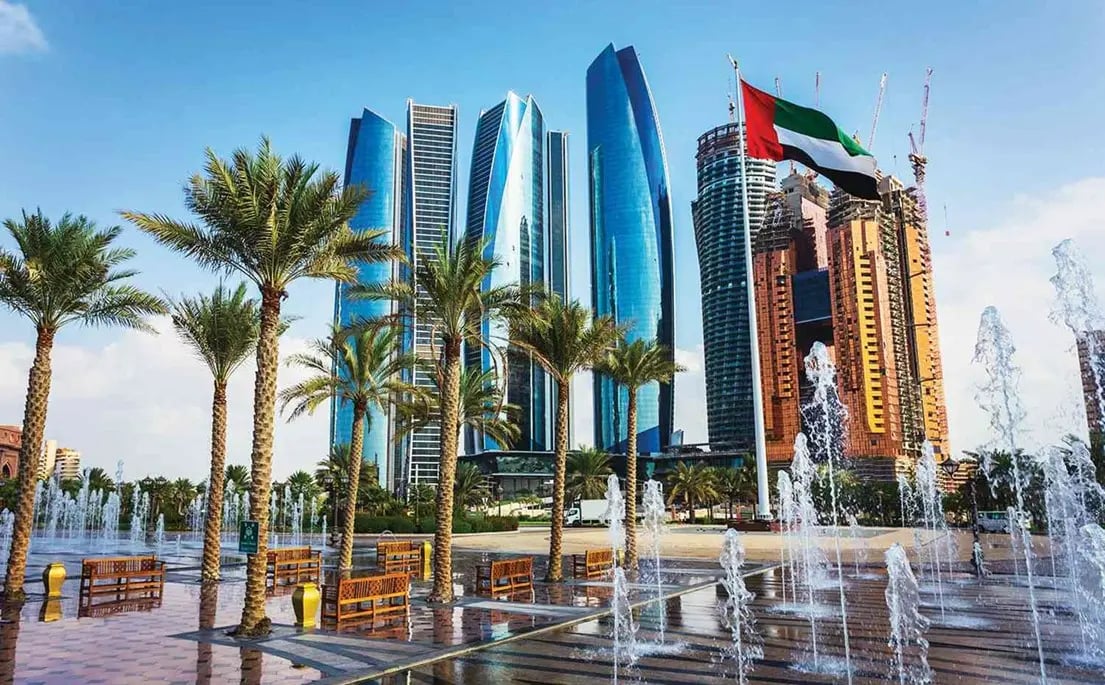Government policy profoundly impacts a nation’s economic trajectory. Smart and well-executed policies can pave the way for sustainable growth, increased prosperity, and improved living standards. Conversely, poorly designed or implemented policies can stifle innovation, hinder investment, and lead to economic stagnation or decline. This article delves into the multifaceted role of government policy in shaping economic growth, examining various policy tools and their potential impact.
Key Takeaways:
- Government economic policy wields significant influence over economic growth through various mechanisms.
- Fiscal and monetary policies are essential tools for managing the economy, while trade regulations and infrastructure investments also play a crucial role.
- Successful economic development often hinges on a stable political environment, the rule of law, and strategic investment in human capital.
- Striking a balance between promoting growth and addressing issues like income inequality and environmental sustainability is a key challenge for policymakers.
The Role of Fiscal Policy in Economic Growth
Fiscal policy, encompassing government spending and taxation, is a primary lever for influencing economic activity. Governments can stimulate demand by increasing spending on infrastructure projects, education, or social programs. For example, large-scale infrastructure investments, such as building roads, bridges, and public transportation systems, not only create jobs in the short term but also improve productivity and facilitate trade in the long run.
Taxation policies also play a critical role. Lowering taxes can boost disposable income, encouraging consumer spending and investment. However, tax cuts need to be carefully designed to avoid exacerbating income inequality or creating unsustainable budget deficits. Governments must find a balance between using fiscal policy to stimulate growth and maintaining fiscal responsibility. A country like the gb benefits hugely from government policy.
The Role of Monetary Policy in Economic Growth
Monetary policy, typically managed by a central bank, focuses on controlling the money supply and interest rates to influence inflation and economic growth. Lowering interest rates can make borrowing cheaper, encouraging businesses to invest and consumers to spend. Conversely, raising interest rates can help curb inflation by cooling down the economy.
Central banks often employ various tools, such as open market operations (buying or selling government bonds) and reserve requirements (the fraction of deposits banks must hold in reserve), to implement monetary policy. The effectiveness of monetary policy can be influenced by factors such as the level of consumer and business confidence, as well as global economic conditions.
The Role of Trade Regulations in Economic Growth
Trade regulations, encompassing tariffs, quotas, and trade agreements, can significantly impact a country’s economic growth. Open trade policies, characterized by low tariffs and free trade agreements, can foster competition, innovation, and efficiency by allowing businesses to access larger markets and benefit from economies of scale.
Protectionist policies, such as high tariffs, may shield domestic industries from foreign competition in the short term, but can also lead to higher prices for consumers, reduced innovation, and retaliatory measures from other countries. The impact of trade regulations on economic growth is a complex issue, with debates often centered on the balance between protecting domestic industries and promoting global competitiveness.
The Role of Investment in Human Capital in Economic Growth
Investment in human capital, through education, healthcare, and training programs, is crucial for long-term economic growth. A well-educated and healthy workforce is more productive, innovative, and adaptable to technological change. Governments can play a vital role in fostering human capital development by investing in public education, healthcare infrastructure, and vocational training programs.
Furthermore, policies that promote equal opportunities and reduce disparities in access to education and healthcare can help unlock the full potential of a nation’s workforce. Investment in human capital not only boosts economic growth but also contributes to improved social outcomes, such as reduced poverty and inequality. The implementation of the economic policy will bring prosperity.











